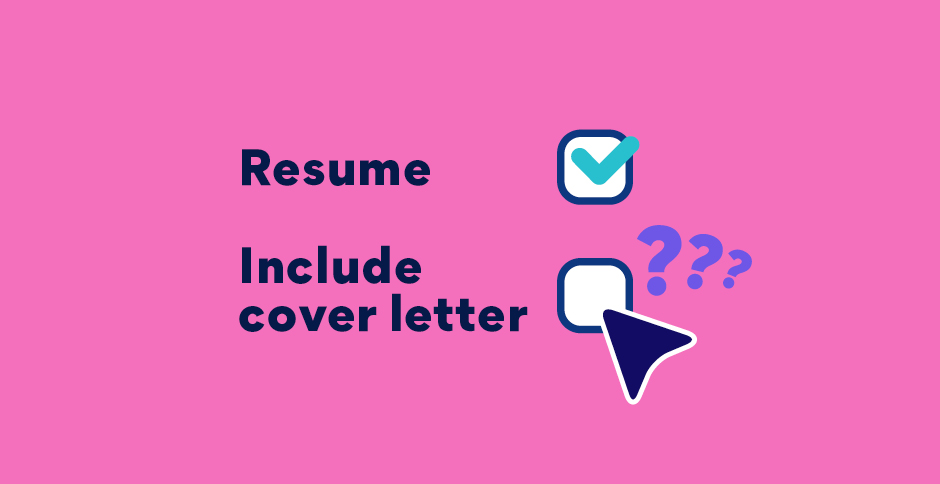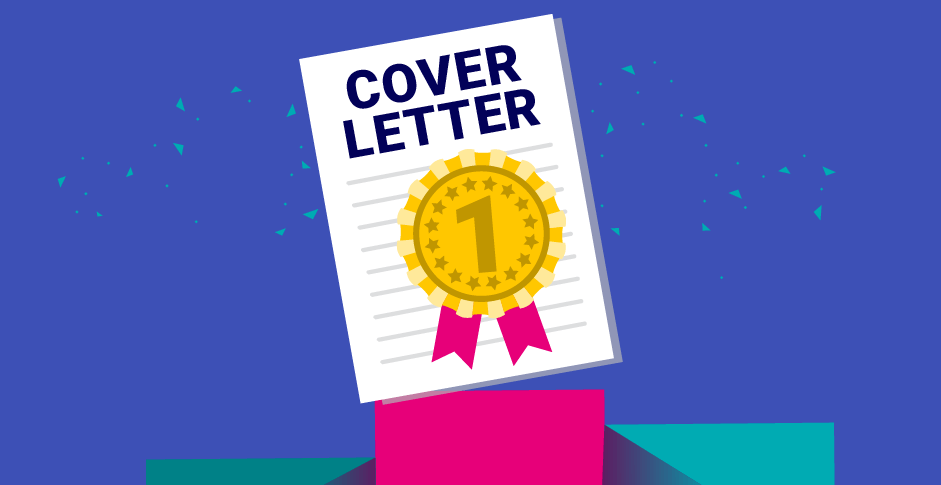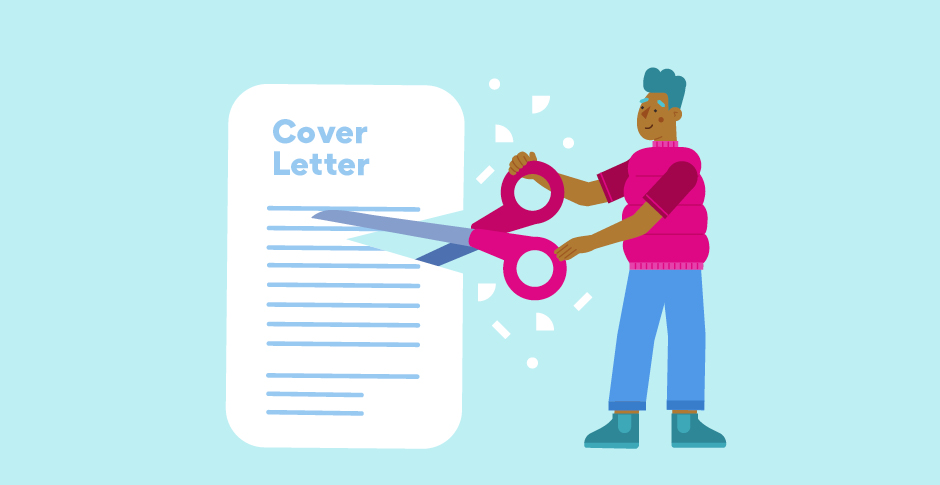Is it worth writing cover letters anymore? YES. We asked recruiters if they read cover letters and the answer isn’t only “yes”. It’s that a Great cover letters help recruiters sell candidates to clients. If you’re applying direct, hiring managers and human resources teams also find cover letters useful to determine whether it’s worth reading further,” says Ward.
The way your cover letter looks will also influence whether or not it will get read. “About three quarters of a page is just right and bullet points really help the recruiter or employer scan for information and keywords. The subheadings should paraphrase the requirements as stated in the job advertisement,” says Ward. “Under those headings include tangible points rather than general fluffiness or buzzwords such as “collaborator” or “team player”. If you are (a team player), give examples and quantify. We can use those examples from the agency perspective to sell you to an employer.”
- Erica Lindberg of Hudson: “My take on it is that it doesn’t hurt to send in a cover letter if it is done well, but it can detract from an application if executed poorly. A great cover letter shows you are specifically interested in that vacancy,” says Lindberg.
“Cater your elevator pitch to be relevant to the vacancy and if the job advertisement mentions certain requirements, make sure your cover letter specifically addresses them. Mirror the language used in the advertisement to highlight how your past experience matches the requirements and will add value to the business. This will help capture the reader’s attention - especially if the recruiter or employer is using an applicant tracking system that scans for keywords.”
A word of warning: Lindberg sees cover letters where the name of the person, the organisation, or both are wrong. If you’re selling yourself as someone with “attention to detail” then a slip up like this is a little like shooting yourself in the foot. While she will still read the letter, a clanger like this doesn’t help with first impressions.
Make sure you enlist the help of friends and family to double check your cover letter for typos and autocorrect errors. A spell checker will pick up the worst typos, but not necessarily transposed or autocorrected words. You need another human brain for that.
Finally, remember the cover letter can make the difference between landing that interview, or going back to the drawing board. We encourage you to take the time to pen the best cover letter you can. For some more advice on how to tailor your cover letter to the job, click here. Or read about the difference between a good and a bad cover letter.
Great cover letters help recruiters sell candidates to clients.



